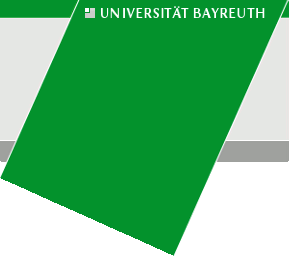Is organic farming profitable? – Evidence from Korea –
P 2.13 in Research in its Prime: First Results of Ongoing Research
Land use management has influence on the provision of ecosystem service in dynamic, agricultural landscapes. Agricultural land use is important for maintaining the productivity and sustainability of agricultural ecosystems. However, in Korea, intensive farming activities in this highland agricultural zone, the upper stream of Soyang has led to contaminated soil caused by over-use pesticides and fertilizers. This has led to decrease in water and soil quality, which has consequences for ecosystem services and human-wellbeing. Conventional farming has still high percentage in this area and there is no special measure to prevent low water quality caused by farming activities. Therefore, the adoption of environmentally friendly farming has considered one of the alternatives that lead to improved water quality and increase in biomass production. Concurrently, farm households with environmentally friendly farming have occupied still low rates. Therefore, my research involved a farm household survey spanning conventional farming, farm in transition and organic farming in Soyang watershed. Another purpose of my research was to compare economic advantage of the farmers adopting environmentally friendly farming and non-adaptors and to investigate the different factors by logistic regression analysis with socio-economic and benefit-cost ratio variables. The results found farmers with environmentally friendly farming tended to be younger than conventional farming and farmer in transition. They are similar in terms of gender which was predominately male. Organic farmers were more educated and had less farming experience than conventional farming and farmer in transition. Based on benefit-cost analysis, total costs that farm in transition farmers spent for one year are about two times as much as the sum of costs in organic farming farmers. The benefit of organic farmers was assessed with 2,800 KRW per household per year. In logistic regression, the factors having statistically significance are subsidy and district, residence period and benefit-cost ratio. And district and residence period have negative impact on practice of organic farming techniques. The results of our research make a valuable contribution to provide important information to describe Korean policy-making for agricultural and water management and to consider potential approaches to policy that would substantiate ways beneficial for sustainable resource management.


